By Menachem Rephun, Communications Manager Creative Spirit and Self Advocate

March 8 is International Women’s Day (IWD), which celebrates the achievements of women on a social, economic, cultural, and political level, and promotes full equality and inclusion. The theme of this year’s IWD is #BreakTheBias, which means countering stereotypes and discrimination and working to create a more diverse and equitable society. Nearly 1 in 5 women worldwide live with a disability, according to Disability Rights Fund.org, as do approximately 36 million women in the U.S., based on Center for Disease Control (CDC) data. Unfortunately, discrimination based on gender and disability continues to be a major issue, creating barriers to education and employment for millions of women. IWD is an excellent time to spotlight the contributions women have made to disability advocacy and the disability rights movement.
The story of that movement is filled with remarkable and inspiring women, like Sandra Swift Parrino, the former Chair of the National Council on Disability, who was instrumental in the passage of the Americans with Disabilities Act (ADA); renowned disability rights advocate Judy Heumann; Kitty Cone, a colleague of Heumann’s who led a historic 26-day sit-in at the San Francisco Health, Education, and Welfare (HEW) Department in 1977; and many others whose heroism is still unsung. In the following article, we’ll profile three of these exceptional individuals, and explore what their activism and involvement mean for the disability rights movement today.
1. Judy Heumann
First on International Women’s Day we are starting as far back as the 19th century, with activists like Elizabeth Ware Packard, Agatha Tiegel Hanson, Hellen Keller, and many others, women have played a pivotal role in driving the disability rights movement forward. It’s no hyperbole to say that among those individuals, Judy Heumann has attained legendary status through her life-long work as a disability rights/civil rights activist and advocate for the disabilities community. Born in Brooklyn in 1947, Heumann contracted polio at 18 months old, requiring her to use a wheelchair. Only a few years later she encountered discrimination when she was denied the right to attend school due to being considered a “fire hazard”. Rather than being deterred, this experience spurred Heumann on to pursue inclusion and acceptance for the disabilities community. She went on to win a lawsuit against the New York City school system for denying her a teacher’s license due to her disability, and in 1977 emerged as one of the leaders of the Section 504 Sit-In. Working with over 150 disabled activists and supporters, Heumann advocated for the protection of disability rights, in what served as a precursor to the Americans with Disabilities Act (ADA) of 1990, one of the most important pieces of disability rights legislation in U.S. history. Heumann went on to serve as Special Advisor for International Disability Rights at the U.S. Department of State; served the Clinton administration from 1993 to 2001 as Assistant Secretary for the Office of Special Education and Rehabilitative Services in the Department of Education; and has held many other positions as well. In 2020, she published her memoir, Being Heumann: An Unrepentant Memoir of a Disability Rights Activist, which shares her experiences and her inspiring work that continues to reverberate today.
2. Sandra Swift Parrino
Second on International Women’s Day we talk about the Americans with Disabilities Act (ADA) was not the first legislation to protect disability rights, it was by far the most ambitious and consequential, dramatically expanding accessibility and representation for the disabilities community. In her capacity as Chairperson of the National Council on Disability, Sandra Swift Parrino, together with her colleagues Justin Dart and Lex Frieden, was instrumental in drafting the ADA and seeing it through to its passage in 1990. In 1986, Parrino, along with Frieden and NCD staff member Robert L. Burgdorff Jr., helped draft Toward Independence, a report recommending that Congress enact a “comprehensive law” requiring equal opportunities for people with disabilities (this would eventually become the Americans with Disabilities Act). The Minnesota Governor’s Council on Developmental Disabilities has praised Parrino for her “tenacious leadership to create the ADA as a real civil rights law and for its introduction into Congress. In the iconic photo and video of President George H.W. Bush signing the ADA, Parrino is the only female and “mother of the ADA” sharing the podium with the “fathers of the ADA,” Evan Kemp and Justin Dart.” Parrino’s mission to ensure inclusion, accessibility, and representation for the disabilities community was also a personal one, as she is the mother of a son with a disability. “The major thing that got me into it was my son, Paul, who is now in his 50s,” Parrino told Creative Spirit last year. “Without him, I would never have gotten involved,” Parrino explained that parenthood was a driving factor behind a book she was working on that documented she and her colleagues work on the ADA. “A lot of my friends never got any recognition for how they really gave their lives for their children,” she said. “And so I think everybody should participate. So I’m going to write what I saw and what I knew and what I know.” Parrino exemplifies the vital role women have played, and continue to play, in the disability rights movement, and the leadership, vision, and tenacity that are needed to truly make a difference.
3. Kitty Cone
Third on International Women’s Day we are highlighting Curtis “Kitty” Cone (1944 – 2015) was a disability and civil rights activist who will be long remembered for her contributions to equity, inclusion, and accessibility for the millions of Americans with disabilities. Diagnosed with muscular dystrophy at 15 (a diagnosis that was later changed to polio), Cone experienced ableism when she was expelled from Mount Vernon Seminary due to violating rules that were imposed exclusively on her, despite being academically successful as a student. Witnessing racism as a teenager in Kentucky also spurred her activism and involvement in civil rights advocacy. During her time as a student at the University of Illinois, Cone was involved in protesting against poverty and the Vietnam War and supporting civil liberties for African-Americans by working with the NAACP. One of Cone’s most significant contributions to the disability rights movement occurred through her work as a leader and participant in the above-mentioned Section 504 Sit-In in 1977. This landmark protest was spurred by the refusal of Joseph Califano, then the U.S Secretary of Health, Education, and Welfare, to sign regulations for Section 504 of the Rehabilitation Act of 1973, which was the first federal civil rights protection for people with disabilities.
In a later essay, Cone described the Sit-In as “a truly transforming experience the likes of which most of us had never seen before or ever saw again. Those of us with disabilities were imbued with a new sense of pride, strength, community, and confidence. For the first time, many of us felt proud of who we were. And we understood that our isolation and segregation stemmed from societal policy, not from some personal defects on our part and our experiences with segregation and discrimination were not just our own personal problems.” Cone passed away in 2015 due to pancreatic cancer. Writing for BeyondChron.org, Lainey Feingold, a disability rights lawyer and friend of Cone’s, offered a poignant tribute. “Any place you dip into Kitty’s narrative you will find examples of a life dedicated to justice, fairness, and equality,” Feingold observed. “Kitty Cone made an enormous difference in the world. May her work and spirit and love continue to be a light to people everywhere.”
In Conclusion
During International Women’s Day, these remarkable individuals profiled in this article are only a few of the many women who have made substantial contributions to disability rights for more than a century. However, the impact of Judy Heumann, Sandra Swift Parrino, and Kitty Cone is truly irrevocable. Without their leadership, determination, and the precedent they created, it is fair to say that the Americans with Disabilities Act would not have been created, the disability rights movement would not have advanced to the extent that it has, and the society we live in would be far less accessible and inclusive for the disabilities community. Their work also helped the disability rights movement transition from being single-issue to encompassing various disabilities and individuals of all backgrounds. As WhitneyLewJames.com explains, “From the mid-1800s to mid-1900s, disability activism was single-issue, such as activism specifically for Deaf or blind communities…beginning in the 1960s and coalescing in the 1970s, the (cross-)Disability Rights Movement emphasized accessibility for a range of physical and intellectual disabilities.” The three women we’ve profiled embody the truth that courage, resilience, and speaking truth to power can indeed make a difference. Their push for legislators, the media, and ordinary people to recognize the humanity and dignity of people with disabilities should serve as an inspiration to all civil rights advocates following in their footsteps. This International Women’s Day, we’re honored to recognize them and their contributions to the cause of inclusion and equality for all Americans.






